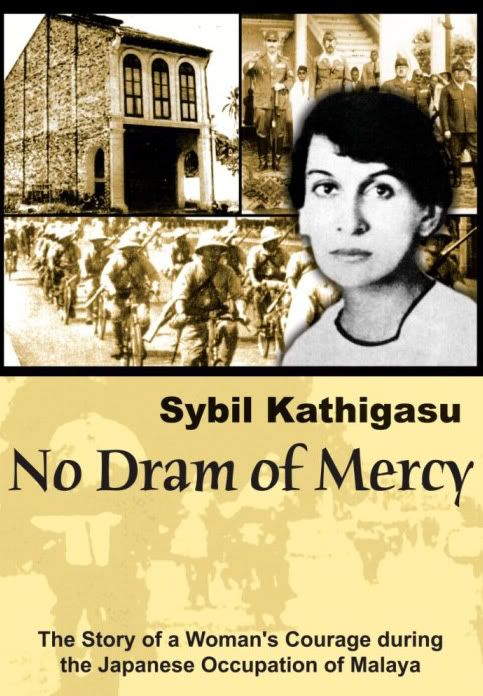The heroism of a sympathiser of Malayan resistance fighters is immortalised in a drama mini-series and a documentary.
THE heroic deeds of Sybil Kathigasu are chronicled in the new instalment of Suatu Ketika, the TV series on Astro that showcases historical legends and personalities who had impacted the nation’s development.
Did you say Sybil who? If you did, you are not alone. A majority of Malaysians are unaware of the contributions of the World War II heroine, who has largely been forgotten or reduced to a footnote in local history books.
All that will change when two TV programmes put the spotlight on Sybil Kathigasu, her sacrifices and sufferings during the Japanese Occupation.
Those in the know will remember Sybil as the nurse-midwife who, together with her husband Dr A.C. Kathigasu, risked their lives to secretly provide medical service and intelligence to the resistance fighters of the Malayan People’s Against Japanese Army.
Born in Medan, Indonesia, in 1899, Sybil Daly – the daughter of an Irish planter and an Indian woman – grew up in Malaya. She would later run a clinic from a shoplot in small-town Papan in Perak with her husband.
During the war between 1941 and 1945, the Eurasian Malayan endured unimaginable torture under the hands of Japanese soldiers. Her fingernails were ripped off with pliers and her legs scalded with iron rods. She was also forced to drink large quantities of water before the Kempeitai (Japanese military police) stepped on her bloated stomach. She suffered damage to her spine and skull after a severe beating by thick bamboo sticks.
None perhaps was more torturous than witnessing her six-year-old daughter, Dawn (the younger of two girls), being hung from a tree over a fire.
Sybil also owned the town’s only radio set, nicknamed Josephine. Through it she listened to broadcasts from Britain and the outside world, and told the news to the townsfolk. Because of her “subversive” activities, Sybil and her husband were arrested by the Kempeitai, brutally tortured and detained at the Batu Gajah prison until the war was over.
After Malaya’s liberation from the Japanese in 1945, Sybil was flown to England for medical treatment. In 1948, she became the only Malayan woman to receive the George Medal for Gallantry, a high civilian honour given by Britain’s King George VI.
Several months later, Sybil died aged 49 in Britain. An old wound on the jaw sustained from the kick of a Japanese boot had brought on a fatal bout of septicaemia. Her body was later brought back to be buried at the St Michael’s Church in Ipoh, Perak.
The indomitable Sybil had penned her memoirs in the book No Dram Of Mercy, which was published posthumously (in 1954). In it are accounts of her 1943 imprisonment and the ideals that shaped her life. .....
The Star Sunday May 2, 2010







0 意见:
Post a Comment